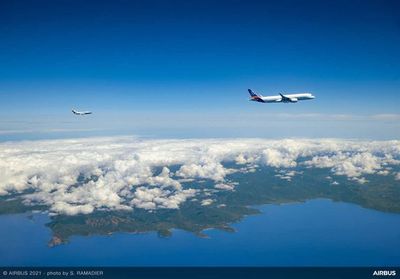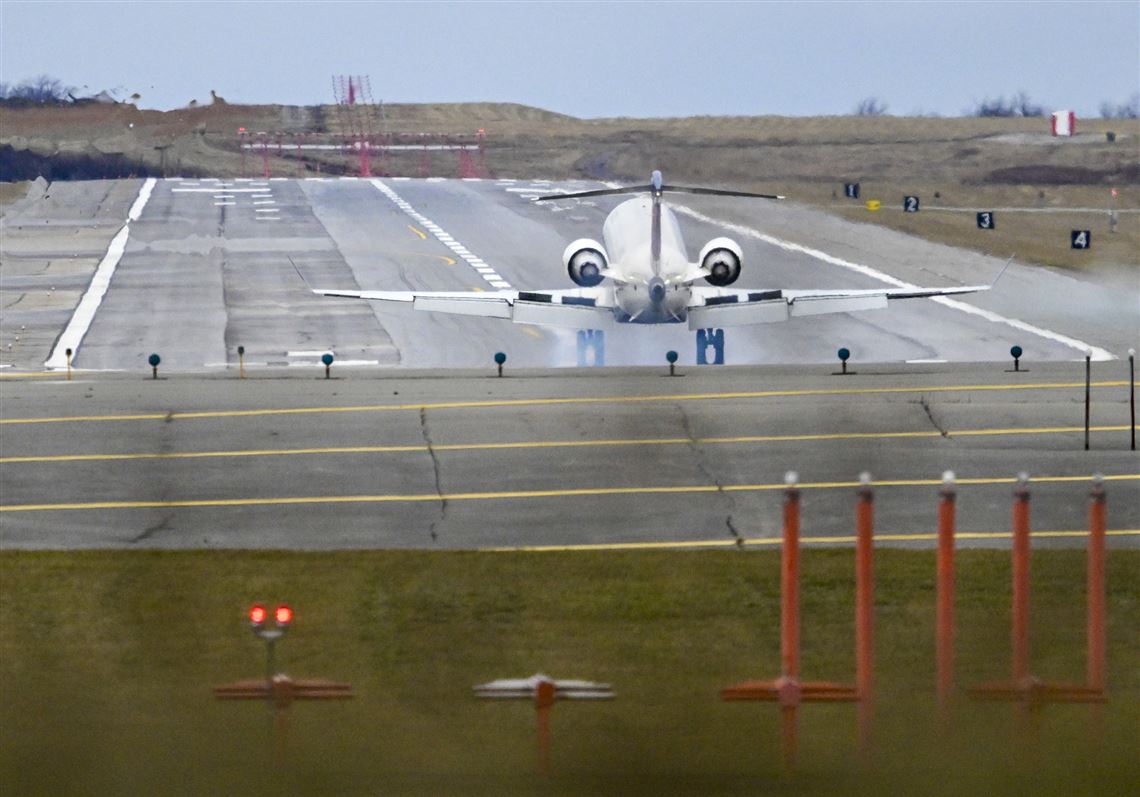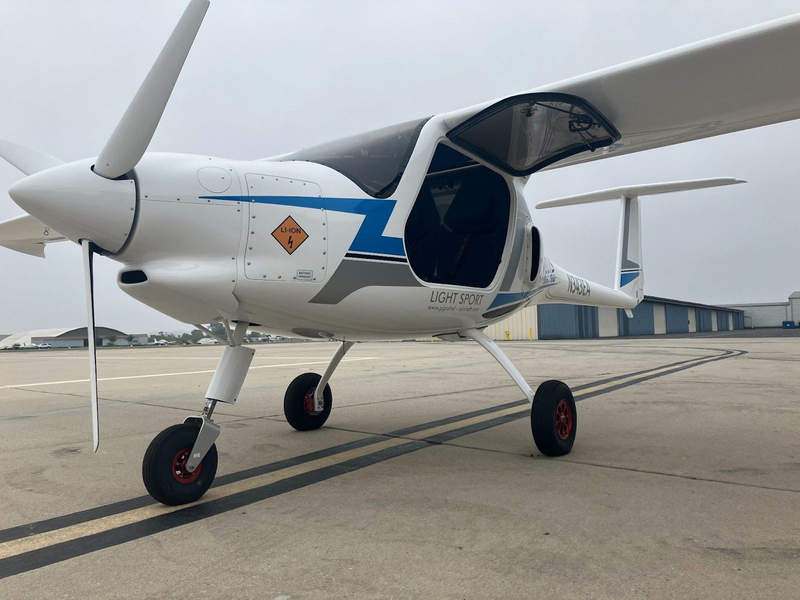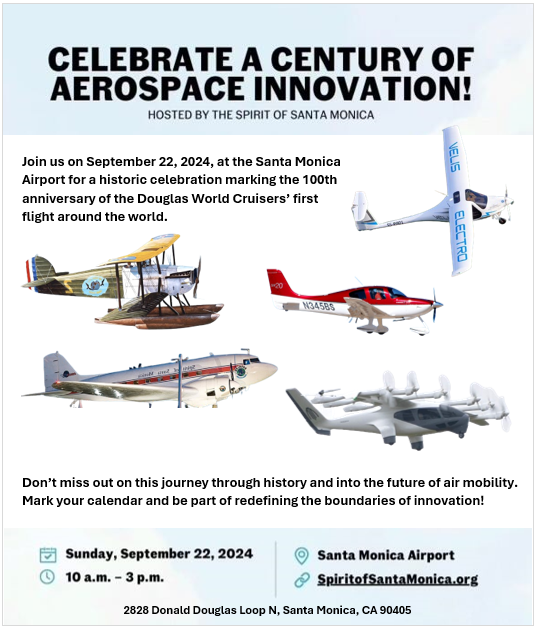
Air France–KLM, consisting of Air France, KLM Royal Dutch Airlines, and Transavia, is the world’s largest sustainable aviation fuel (SAF) user for the second consecutive year, according to the airline group’s recent sustainability report. To reach its targeted share of SAF consumption of at least 10% by 2030, it signed a series of agreements with producers.
In 2022, Air France-KLM was the world’s largest SAF user, consuming 17% of the entire global supply, compared to only 3% of fossil fuel. This year the group’s members consumed around 80,000 metric tons of SAF altogether – almost twice as much as in 2022, the company said.
Sustainable aviation fuel is a crucial factor for decarbonizing aircraft operation, capable of reducing carbon dioxide emissions by 75%. SAF is a liquid fuel that can be produced from various feedstock including waste oils and fats, green and municipal waste, and non-food crops.
There are seven certified biofuel technologies for producing SAF, the most popular one being HEFA (hydrotreated esters and fatty acids). The obtained material is mixed with jet fuel. The process of hydrotreating oils and fats removes all double bonds of carbon and oxygen from the biological feedstock.
It can also be produced synthetically, by combining carbon with green hydrogen or low-carbon hydrogen. The carbon is obtained from carbon dioxide captured from burning fossil fuels or directly from the air. The hydrogen is produced through water electrolysis powered by renewable sources or nuclear power.
Such fuels are compatible with existing aircraft models and do not require engine or infrastructure modifications.
Interestingly, in 2021 KLM Royal Dutch conducted the world’s first commercial flight on synthetic kerosene produced from carbon dioxide and water using renewable energy.
In 2022, Air France-KLM was the world’s largest SAF user, consuming 17% of the entire global supply, compared to only 3% of fossil fuel. This year the group’s members consumed around 80,000 metric tons of SAF altogether – almost twice as much as in 2022, the company said.
Sustainable aviation fuel is a crucial factor for decarbonizing aircraft operation, capable of reducing carbon dioxide emissions by 75%. SAF is a liquid fuel that can be produced from various feedstock including waste oils and fats, green and municipal waste, and non-food crops.
There are seven certified biofuel technologies for producing SAF, the most popular one being HEFA (hydrotreated esters and fatty acids). The obtained material is mixed with jet fuel. The process of hydrotreating oils and fats removes all double bonds of carbon and oxygen from the biological feedstock.
It can also be produced synthetically, by combining carbon with green hydrogen or low-carbon hydrogen. The carbon is obtained from carbon dioxide captured from burning fossil fuels or directly from the air. The hydrogen is produced through water electrolysis powered by renewable sources or nuclear power.
Such fuels are compatible with existing aircraft models and do not require engine or infrastructure modifications.
Interestingly, in 2021 KLM Royal Dutch conducted the world’s first commercial flight on synthetic kerosene produced from carbon dioxide and water using renewable energy.












